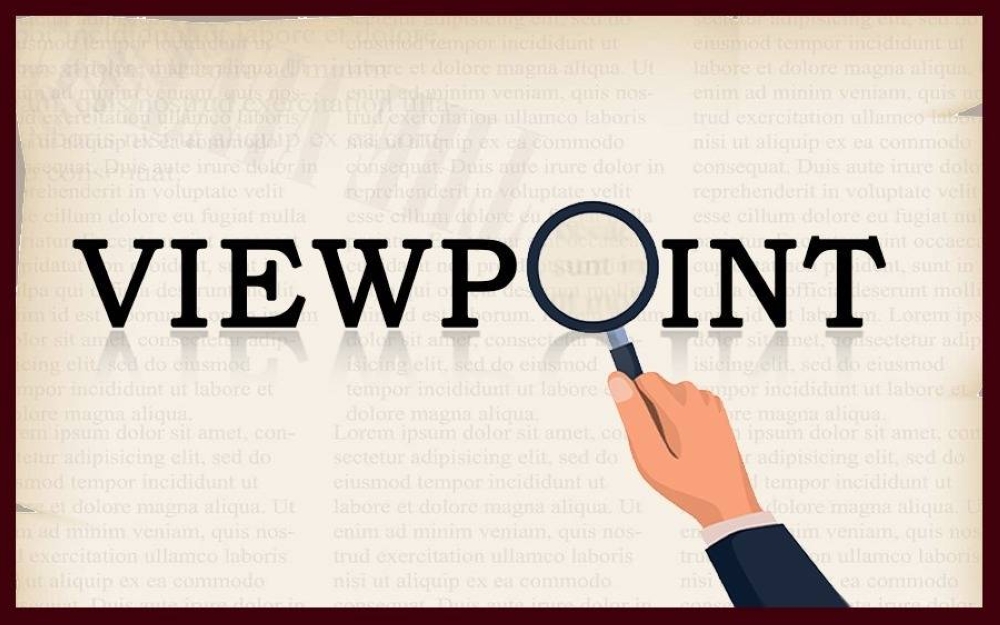UK Prime Minister Rishi Sunak portrayed himself as a tough decision-maker and an agent of change yesterday, seeking to break with the scandals and chaos of his Conservative predecessors and show the party he can help it win an upcoming election.
With his Conservatives trailing the Labour party in opinion polls after two years of strikes, high inflation and political instability, he had an uphill task at his party’s annual conference to show the way to an unprecedented fifth term.
But using his closing address to cancel a costly high-speed rail project to Manchester, the city where the conference was held, incensed local people, politicians and businesses and raised questions about his political antennae.
Colleagues said it meant speculation over the decision overshadowed the four-day meeting.
It also re-ignited anger over the state of British public services, highlighting the scale of the challenge he faces after his party’s 13 years in power to erode the Labour lead ahead of an election that must be held by January 2025.
“You either think this country needs to change or you don’t. And if you do, you should stand with me,” Sunak said, referring to what he described as 30 years of political short-termism.
“Be in no doubt: it is time for a change. And we are it.” Sunak, a former Goldman Sachs analyst who was finance minister in 2020-22, became Britain’s third prime minister in two months almost a year ago when the party tasked him with instilling stability following extraordinary political turmoil.
After steadying an economy knocked by his predecessor’s short-lived unfunded tax cuts plan, Sunak went to Manchester to show he had the upper hand over Labour on climate, asylum seekers and transgender rights — a so-called CAT strategy.
He had recently set out what he framed as a “tough” decision to delay the phasing out of petrol and diesel cars that was part of Britain’s plan to reach net zero carbon emissions. His government has tightened restrictions on asylum seekers and pledged to separate transgender women from others in hospitals.
Building on the tough decision theme, Sunak said the high speed rail line would now stop at Birmingham, central England, with the financial savings redirected to local road and rail projects in central and northern England instead.
One Sunak supporter said privately they did not understand why the prime minister had made the rail link the focus of the conference, saying it had drowned out more voter-friendly policies.
Andy Street, a Conservative elected mayor for the West Midlands region of England, agreed, saying publicly the day before the announcement that Sunak was about to “make an incredible political gaffe”.
Sunak’s hard-line interior minister, Suella Braverman, had stuck to the CAT script, referring to a “hurricane” that could blow “millions more migrants to these shores”.
But pollsters said while that tactic would appeal to the party’s base, fighting an election based on cutting immigration, easing climate change targets and tax cuts would not be enough to win. It could instead signal an ugly campaign ahead.
John Curtice, professor of politics at the University of Strathclyde and a widely quoted pollster, said the main issues for undecided voters were waiting lists for state healthcare and high prices — problems that will not be fixed overnight.
“Immigration, tax cuts, and net zero are all distraction issues,” he said. “It may be helpful, but it won’t be sufficient” to help them win the next election.
Chris Hopkins, political research director at the polling firm Savanta, said he could not see how Sunak could win.
“It feels a like bit like the captain is going down with the ship even though it was not really his fault the ship hit the iceberg.” The dynamics on display in Manchester were telling. (Reuters)
Opinion
A new chapter? ‘Tough’ Sunak hopes to win over Britain
“You either think this country needs to change or you don’t. And if you do, you should stand with me”

